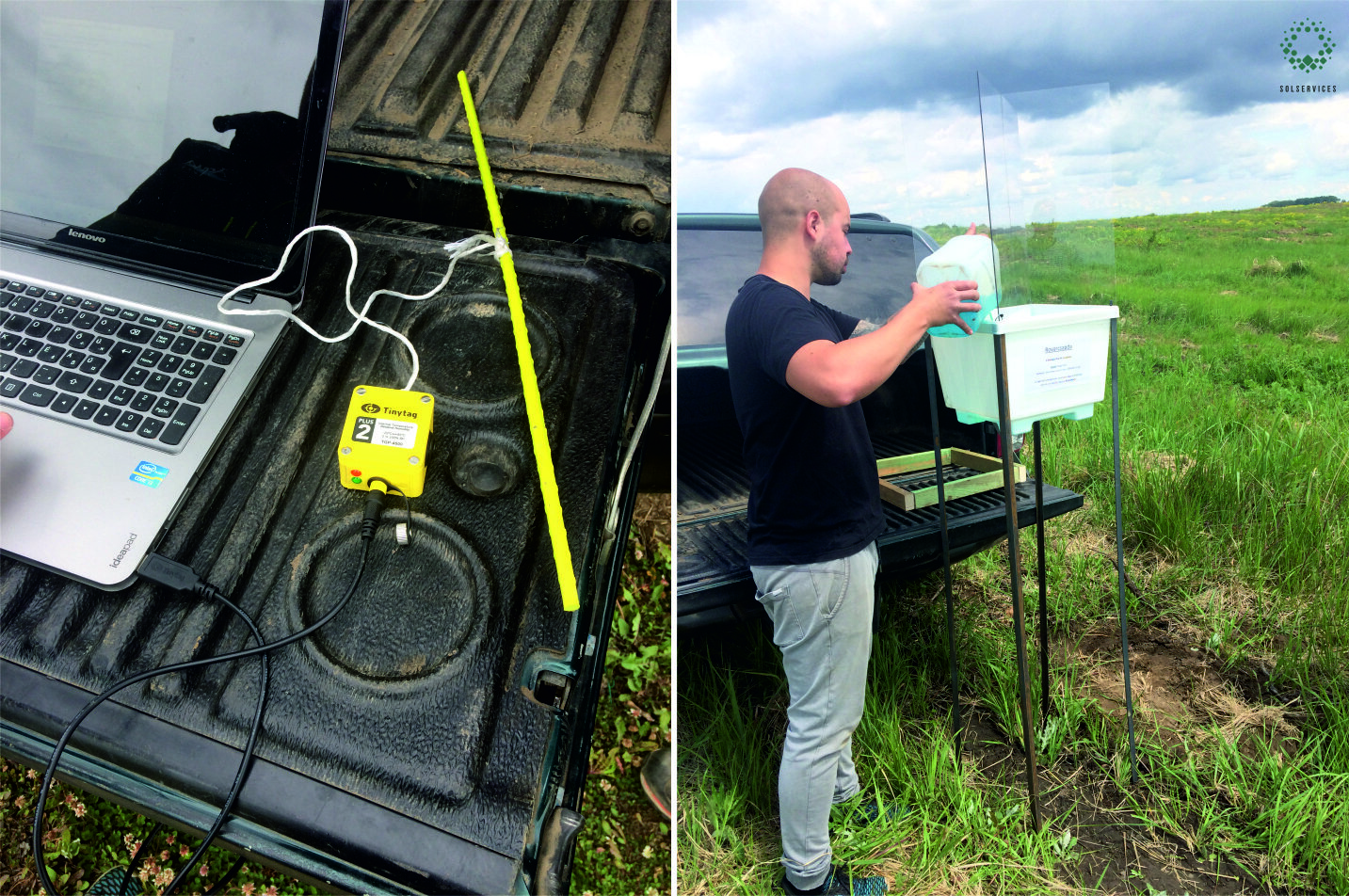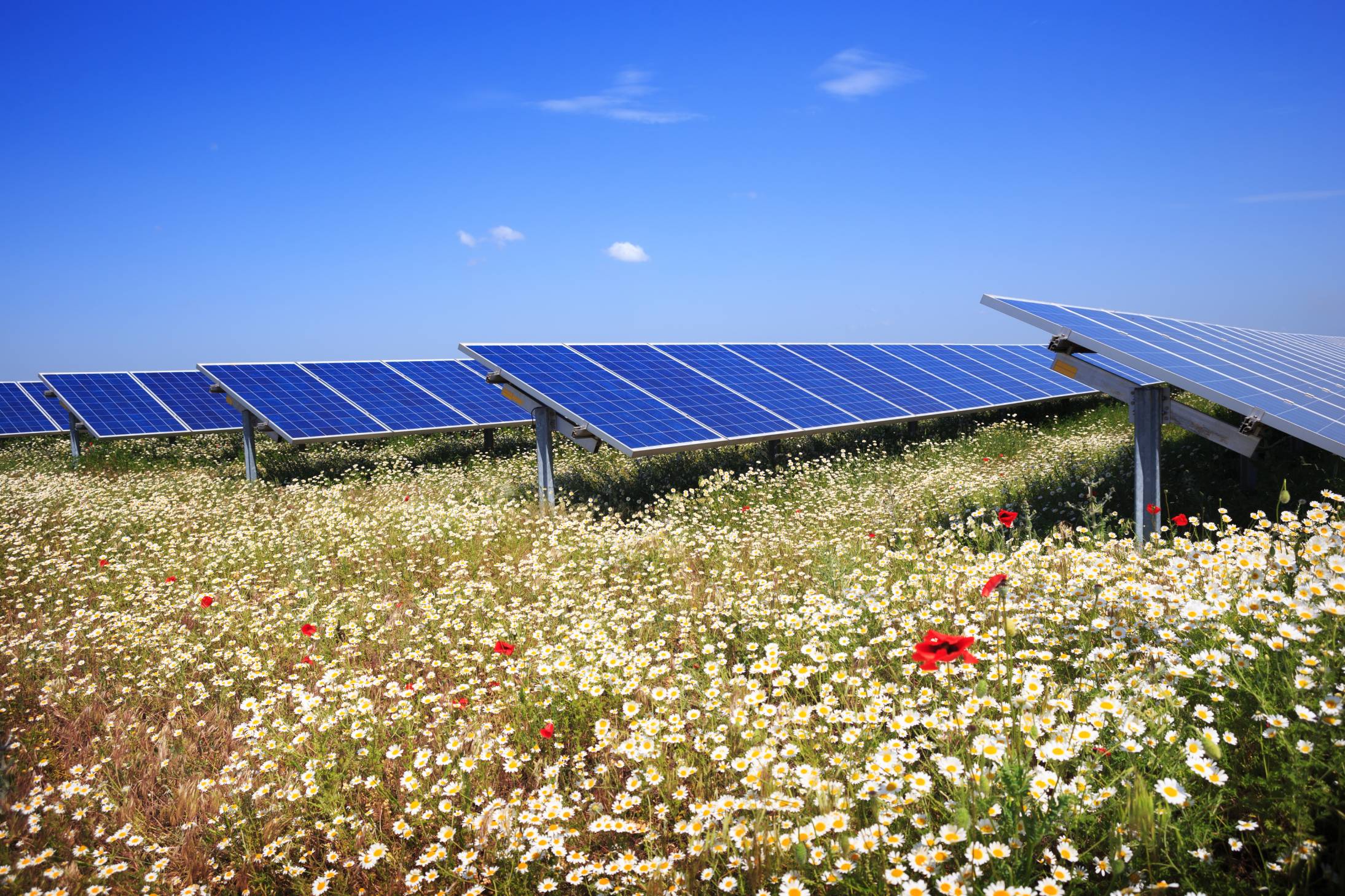11-02-2022
The Hungary-based international solar park developer SolServices Ltd., in cooperation with Bioaqua Pro Environmental Service and Consulting Ltd., has launched a comprehensive, nationwide ecological monitoring program to assess the non-climatic environmental impacts of ground-mounted photovoltaic solar parks in Hungary.
As the number and size of photovoltaic solar parks increase worldwide, the ecological aspects of energy land utilization are also gaining greater prominence. Recent agro ‑ecological and -environmental studies have highlighted that populations of wild animals can be restored to their natural balance around croplands through proper land management. Similarly, photovoltaic solar parks can support wildlife and with thoughtful management can increase biodiversity. We have shown that disturbance factors can be even more effectively minimized in solar parks with closer approximation to the undisturbed natural condition. Results of the first small-scale surveys initiated in Germany and the United Kingdom corroborated the positive effects of solar parks on biodiversity.
The current large-scale survey is taking place throughout Hungary. The Pannonian Basin, surrounded by the Carpathian Mountains, hosts a vast and unique biodiversity. Thus, the environmental impacts of solar park development, implementation and operation are incomplete if only the CO2 reduction is taken into consideration. The understanding of non-climatic environmental impacts of solar parks is crucial to step forward in sustainable and clean energy generation.
The survey’s scale expands up to a 1,000 hectares of mixed-use lands that includes not only the solar parks’ sites, but the areas of supporting facilities (roads, middle and high voltage elements, substations, storages, ecological buffer zones, etc.), and the adjacent lands of similar qualities as control areas. This state-of-the-art project is being developed in a well-designed framework and in accordance with international standards. This multidisciplinary survey covers all ecological aspects and considers the unique local natural conditions. The detailed monitoring program consists of insect sampling and taxon identification; analysis of vegetation; observation of birds and small mammals and the physical conditions of the upper soil profile, among others. The planned duration of the project is a minimum of three years. The first year of the program aimed to provide a baseline assessment before the construction, and the two-year-long monitoring phase will start after commissioning of the solar parks.
In the first phase, the professionals assessed the baselines of both the project and control sites. Traps, various observation technologies and installed devices were used, all in line with the highest international standards (see figure below). The general result of the baseline assessment is that the studied agricultural lands are ecologically degraded, even if they are located in the vicinity of high-value and protected natural areas. All the conditions are therefore in place for positive changes to start with the operation of the solar parks. However, this will have to wait, and only the data provided in the second phase of the survey will give us a definitive answer.

Fieldwork in the first phase of the biomonitoring study: data recovering from soil probe on the left and window trap installation on the right.
Dr. Gábor Farkas, managing director of SolServices Ltd., stated that “our company is committed to the development of sustainable and ecologically value-creating solar parks, and the creation and implementation of pioneering solutions in the energy transition. We believe, the survey will provide attitude-forming results about the potential symbiosis of photovoltaic solar energy production and healthy ecosystems, while the clean electricity generated will play a major role in advancing national energy independence and actions for climate change mitigation in Hungary.
